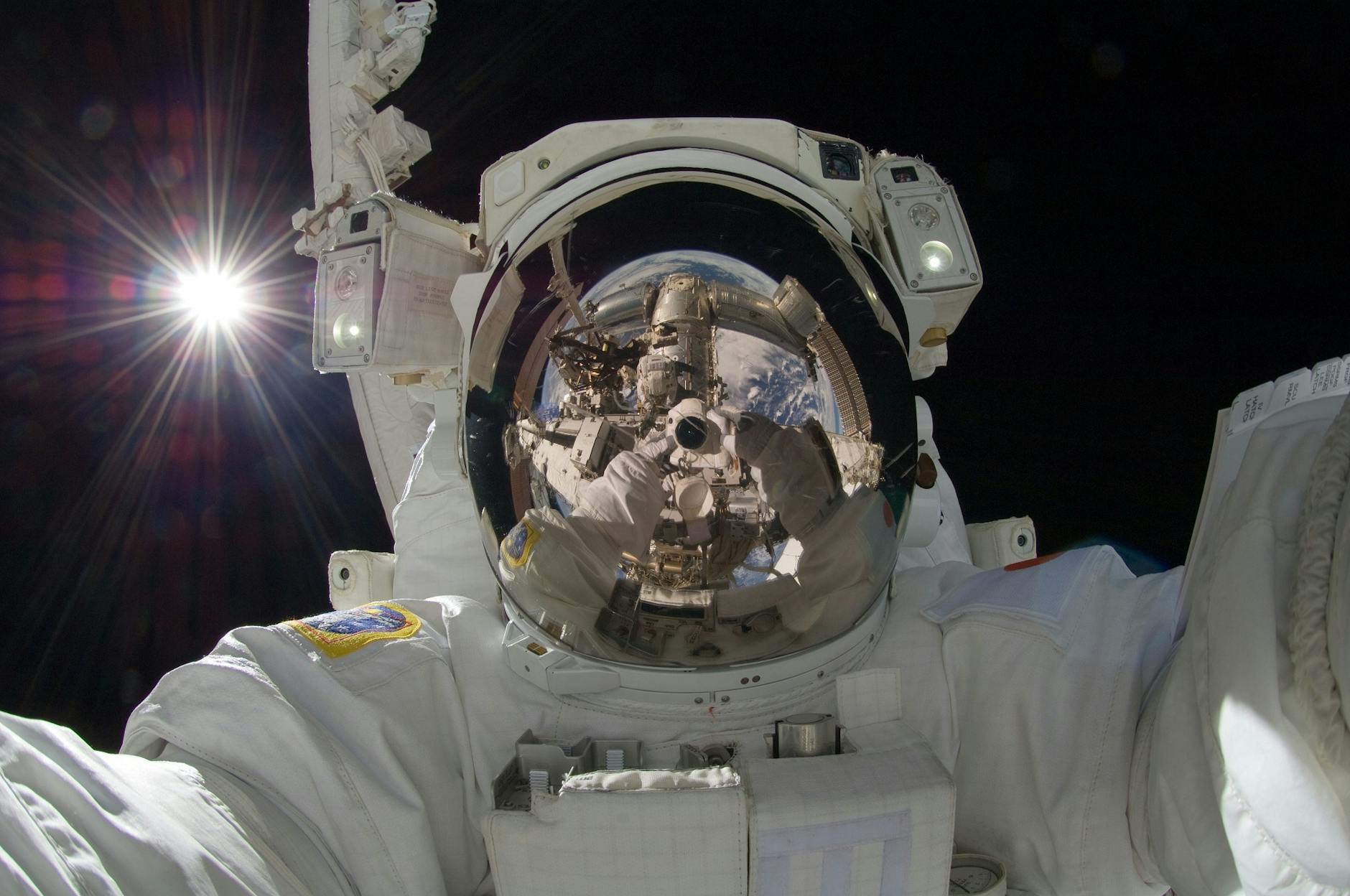Humans have acquired a tremendous amount of knowledge so far, from Hadron Collider to Haiku to Hattori. Humans have been learning from nature, discovering astounding facts, and inventing myriads of stuff for millennia.

How have we been acquiring all the knowledge? The obvious answer to this question is, of course, that we've five sense organs, with the help of which we can know our nature better, and our intellectuality, without which we could neither memorize things nor be creative nor form strategies nor engage in critical thinking. If someone wants to know about a cuisine, let's say spaghetti, s/he speculates the structure of the food, touches it, smells it, tastes it to know its features, and learns more by hearing about the food and so on. It's with the best use of sense organs & intelligence that humans have been unearthing mind-boggling discoveries, inventions, formulas, and theories. And of course, we're rigorously working to know about hitherto unknown things that lie before us. Albeit, the more we're working on to understand the universe, the bitterly our limitations are hitting us hard. While walking on the path of knowing 'everything,' the questions arise: Are our sense organs enough to perceive everything that happens around us? Is our brain capable enough to catch every unprecedented knowledge?
Undoubtedly, we, human beings, are the most intellectual creature in the world. We do indeed have better learning capacities than any creature in this world. Our brain helps us to learn about things. But, it's also possible that many things have gone unnoticed. For example, for an amoeba, 'to know everything' is to know how to change its shapes seamlessly, to eat microbes nimbly, and to reproduce. Anything that lies beyond that horizon will be unknown & unnoticed. In the same fashion, are we not like an amoeba in this infinitely complex and confusing universe trying to know 'everything'?
Because we don't possess every sense organ necessary to sense everything around us, and also because our intellectuality is limited, knowing 'everything' becomes nigh-impossible. Since the Big Bang, everything in the universe is perpetually evolving. Each second holds a paramount significance for anything. The way our earth was isn't the way our earth is. Everything is changing its form. Even our discoveries are becoming wider and wider. Our knowledge has gained surprisingly high stature. Our future has got infinitely many possibilities. Our thought process has changed. Forsooth, in the universe where nothing remains static, knowing 'everything' doesn't hold a significant meaning. Had we had, in 2018, claimed to know about 'everything,' we would have been entirely unknown about COVID. So, knowing 'everything' is damn near impossible. Each entity in this vast universe holds an infinite possibility of the future; therefore, acquiring knowledge will never come to a halt.
What can be the major obstacle in the process of knowing 'everything'? The answer, to my mind, is the way physics works to us. The most popular limitation we've been hearing about is that we can't travel as fast or faster than the speed of light. There are myriad such limitations, overcoming of which is impossible. In a world where we consider 'going to a neighboring planet' a revolution, how can we expect to know everything about billions of billions such astronomical objects? Knowing 'everything' isn't an easy-peasy process. When we ruminate about its horizon, we feel utterly unmotivated. Things get even worse when you know about the quantum world where reality isn't what it seems.
Another major point of my argument is the vague definition of 'everything.' Does ‘everything’ mean literally everything? Within the horizon of ‘everything’, should the thoughts/psychology of every human be considered? If not, then we always do have something left to know. If yes, then how can we leave the thoughts of every human that has deceased? And, what about the thoughts of animals? About the factor that triggered every creature to do what it does? This is just an example. We do have chiliads of such fields of knowledge. Before setting an unnecessarily overly ambitious goal to know ‘everything,’ we should understand that we do have lots of vague fields of knowledge, either considering or dispelling them open the nasty Pandora’s box.
Can we know everything? NO!
Can we know nothing? NO!
The spectrum between ‘everything’ and ‘nothing’ is so unimaginably large that our knowledge lingers in between those two ends - specifically rather close to the latter.

